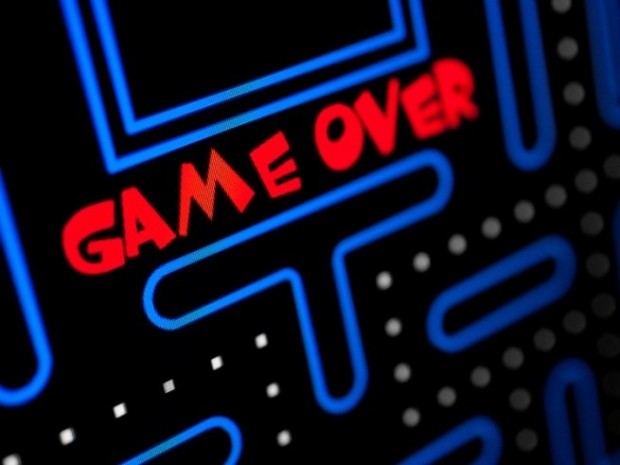Video game industry lobby group Entertainment Software Association (ESA) is joining the lawsuit that seeks to reinstate net neutrality rules in the US, saying that the net neutrality repeal could harm multiplayer online games that require robust internet connections.
The ESA filed a motion for leave to intervene so that it can support the case against the Federal Communications Commission. The lawsuit, filed by a mix of Democratic state attorneys general, tech companies such as Mozilla, and consumer advocacy groups, seeks to reverse the FCC's December 2017 vote to eliminate net neutrality rules.
Net neutrality rules prohibit internet service providers from blocking or throttling lawful Internet traffic and prevent paid prioritisation deals in which ISPs would charge online services for better access to internet users. The rules are technically still on the books until after the US Office of Management and Budget approves some "modified information collection requirements".
The ESA brief, filed in the US Court of Appeals for the District of Columbia Circuit, says that the no-blocking and no-throttling rules were crucial to the video game industry:
The FCC's Order kills off laws that prevent broadband providers from blocking, throttling, and otherwise interfering with consumers' access to content online. ESA and its member companies fear that they have no effective legal recourse against broadband provider conduct that impairs consumers' online video game experiences.
Broadband providers are now permitted to engage in practices that degrade consumers' traffic. That could have significant consequences for the enjoyment of multiplayer online games and cloud-based game play services, both of which require low-latency connections to support rapid and continuous interactivity.
The ESA said that "games cannot be buffered to compensate for problems with the broadband connection".
But it isn't online gaming that the ESA is worried about—the net neutrality repeal could also harm downloads of large games, the ESA said. "Degradation of consumers' traffic could also impact game distribution networks, which depend upon adequate and consistent bandwidth to deliver large file downloads promptly", the group wrote. "ESA, therefore, supports enforceable open Internet protections that have helped dynamic fuel growth, competition, and innovation in the video game industry."
ESA represents big players in the video game industry such as Sony, Nintendo, Microsoft, Bethesda, Capcom, Disney, EA, Epic Games, Konami, Magic Leap, Nvidia, Ubisoft, Square Enix, and Warner Bros.




